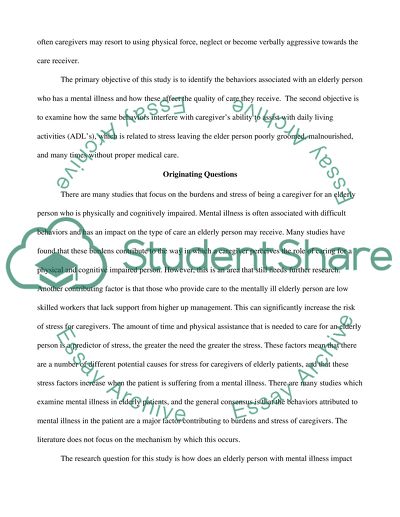Cite this document
(“How an elderly person with mental illness effect the quaility of care Essay”, n.d.)
Retrieved from https://studentshare.org/sociology/1393676-how-an-elderly-person-with-mental-illness-effect-the-quaility-of-care-they-receive
Retrieved from https://studentshare.org/sociology/1393676-how-an-elderly-person-with-mental-illness-effect-the-quaility-of-care-they-receive
(How an Elderly Person With Mental Illness Effect the Quaility of Care Essay)
https://studentshare.org/sociology/1393676-how-an-elderly-person-with-mental-illness-effect-the-quaility-of-care-they-receive.
https://studentshare.org/sociology/1393676-how-an-elderly-person-with-mental-illness-effect-the-quaility-of-care-they-receive.
“How an Elderly Person With Mental Illness Effect the Quaility of Care Essay”, n.d. https://studentshare.org/sociology/1393676-how-an-elderly-person-with-mental-illness-effect-the-quaility-of-care-they-receive.


